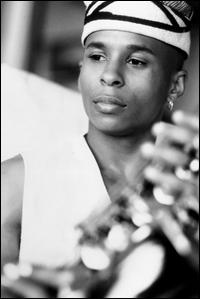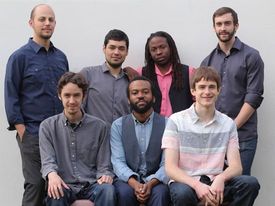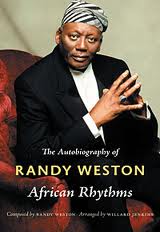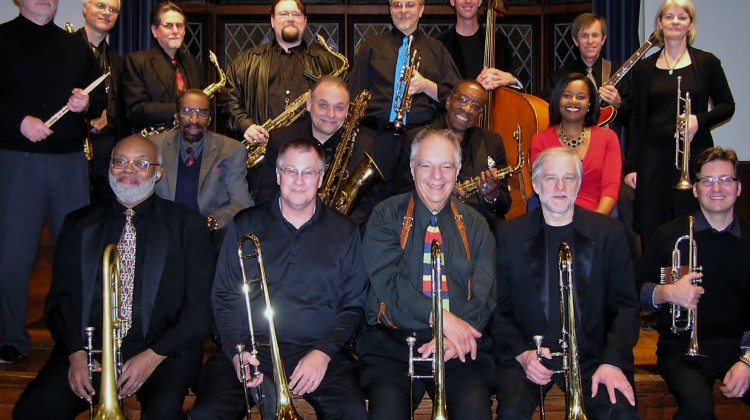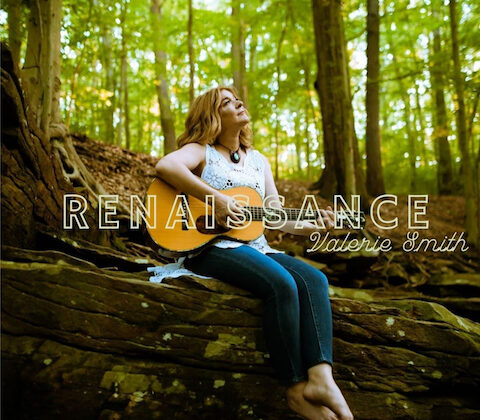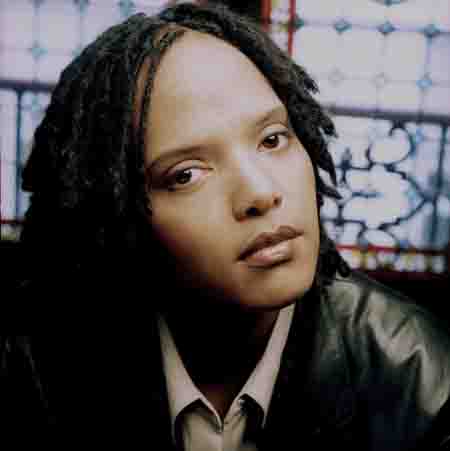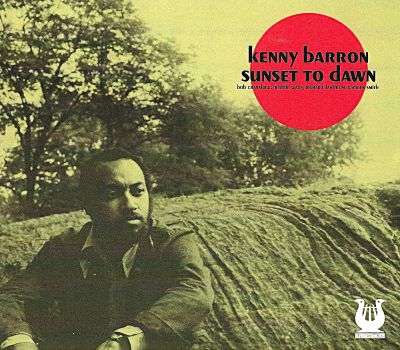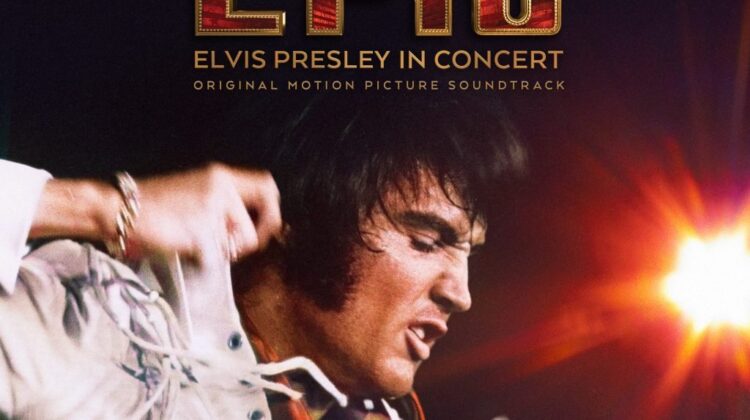By Bill Donaldson
A mosaic it is. In terms of piecing together disparate but complementary elements into a whole that assumes an impression larger than the individual ones. Terri Lyne Carrington, in her fifth album, debuts on the Concord label with an ambitious and highly personal work that brings together 21 female performers who, while remaining true to their own distinctive styles, help Carrington complete her composite of various interpretations driven by her own assured by supportive style.
Starting her jazz career at a young age when female drummers were few and far between, yet mentored by masters like Jo Jones—not to mention the abundance of other jazz musicians who visited her childhood home near Boston—Carrington has grown to develop an aesthetic of her own. Having backed a who’s who of jazz musicians before producing her own recordings, Carrington, ever flexible as a drummer must be, has incorporated the vast range of styles developed by the iconic leaders she supported into her own compositions like “Insomniac” and “Wistful.”
Despite the adventurousness and extroversion of her playing on The Mosaic Project, Carrington appears to appreciate the effectiveness of singing also, as words describe with rhyme, cadence and logic the songwriters’ intentions. So, over half of The Mosaic Project consists of music of conviction and force sung by talent like Dianne Reeves, Nona Hendryx, Gretchen Parlato, Carmen Lundy and Shea Rose. No doubt the tracks that are sung are those most remembered after the CD has stopped playing. But still, much credit must be extended to the effectiveness of Carrington’s arrangements, with tweaks like the key change on “Echo” or the languorous, sultry, three-against-four rhythm of “Soul Talk,” sung by Hendryx.
Yes, The Mosaic Project provides variety but also consistency driven by Carrington’s soulfulness and beliefs. Some of the tracks, particularly “Echo,” contain outright statements of conviction. In fact, the message of “Echo” starts with a recorded sppech by civil-rights activist and Carrington friend, Angela Davis, who also was quoted on Carrington’s first album, Jazz Is a Spirit. The ideas on both albums are similar: that the past produces the future, and that “we must free ourselves from these histories and carry them forward.” Though Davis sets up the themes of oppression and historical repetition, Reeves brings these passionately posited beliefs to life with the strength of her voice, ready for the summoning, much as she has done on other songs like “Endangered Species.”
But “Echo” is just one part of the mosaic, and one aspect of Carrington’s complex personality, expressed on the album. While she made certain that the album is populated by females only—and that she notes the advancement of women in jazz since the days when Melba Liston was one of the few female jazz instrumentalists—the album is notable for the excellence of musicianship, whatever the gender, and for the uniqueness of the personalities shared on the recording. For instance, there is Carmen Lundy’s brief recording of “Show Me a Sign,” which electronically filters her singing voice, as if unamplified through a megaphone, rather than presenting her natural singing voice. With long tones and track-long rubato, the most demonstrative participant on the track is Carrington herself as she creates turbulence beneath the calmness like an undercurrent. On the other hand, Cassandra Wilson is, well, Cassandra Wilson, instantly identifiable, and singing with her natural sultriness and ease on a song, Al Green’s “Simply Beautiful,” that could fit seamlessly into any of her other albums. Chia-Yin Carol Ma plays a simply beautiful short violin solo on this one. Carrington herself sings the first four bars of “Michelle,” seemingly shyly but actually slyly, before it becomes an instrumental showcase with trumpeter Ingrid Jensen in the lead, performing with more vigor and abandon than with her Nordic Connect group.
Even though The Mosaic Project contains memorable singers’ performances like Gretchen Parlato’s and Dee Dee Bridgewater’s too, the variety of moods and the cohesion of the playing distinguish it, from Geri Allen’s fluid calypso-influenced composition, “Unconditional Love,” to Esperanza Spalding’s difficult composition, “Crayola,” consisting of Anat Cohen’s intervallic leaps on clarinet and Spalding’s charming, teasing voice as she sings her own lyrics. Furthermore, Spalding complements the spirit of Carrington’s drumming throughout most of the album as well with commanding bass lines anchoring pieces like “Mosaic Triad” and “Michelle.”
With The Mosaic Project, Terri Lyne Carrington has expanded upon her earlier albums and synthesized the experiences of working with musicians like Herbie Hancock or Terence Blanchard. Now she has developed her own sound, and the consistency of her own vision, that depart from the past as they adhere to it. Much as the jazz musicians who preceded her developed their musical personalities.
Concord
www.concordmusicgroup.com

